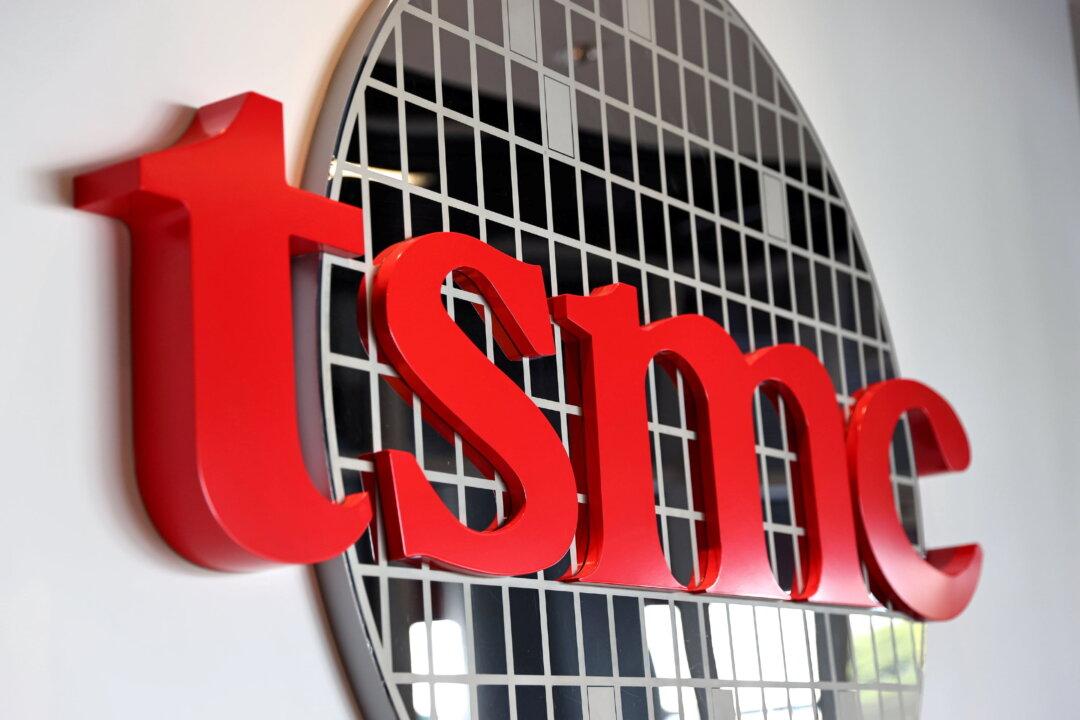Taiwan Semiconductor Manufacturing Company (TSMC) reported strong third-quarter earnings and revenues overnight, reviving the rally in Wall Street technology shares.

The logo of Taiwan Semiconductor Manufacturing Co. (TSMC) at its headquarters in Hsinchu, Taiwan, on Jan. 19, 2021. Ann Wang/Reuters
Panos Mourdoukoutas is a professor of economics at Long Island University in New York City. He also teaches security analysis at Columbia University. He’s been published in professional journals and magazines, including Forbes, Investopedia, Barron's, IBT, and Journal of Financial Research. He’s also the author of many books, including “Business Strategy in a Semiglobal Economy” and “China's Challenge.”
Author’s Selected Articles




